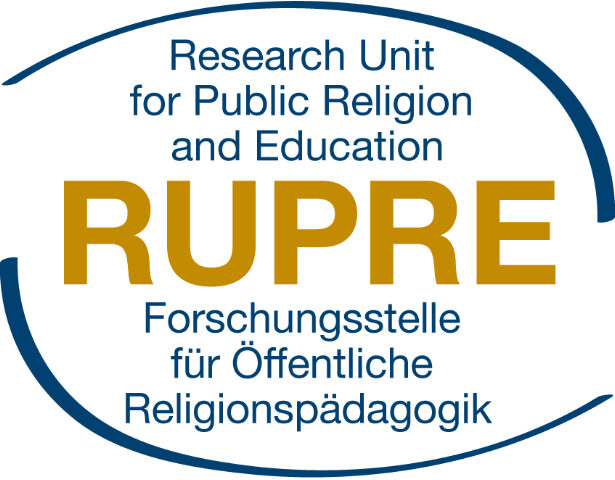DigiNorm:iL
Digitality and Normativity in Informal and Formal Learning Contexts
(DigiNorm:iL)
Brief description
The central research goal of the planned Research Training Group is to theoretically and empirically investigate the development and significance of normative dimensions of learning in, with and about digital technologies for a “cultivation of digital space” (German Council for Culture). By normative dimensions is meant here the reference to everyday practical rules, moral values, ethical reflections, legal regulations and school educational goals that support a way of dealing with digital media and technologies that promotes life and the common good. In view of the ambivalences of digitality, such support, which unfolds the positive potentials of digitalization for the individual and society and at the same time minimizes negative effects, currently appears to be a particularly urgent task for society as a whole – and thus also an urgent task for education.
Therefore, the first research question of the RTG focuses on the significance of theoretical and analytical approaches in the discourse fields of digital ethics, digital law and educational theory for digital ethics education.
The second research question aims at scrutinizing how and which normative orientations for dealing with digitality are appropriated or developed by children and young people. A distinction is made between the informal learning of adolescents in their Lebenswelt (erveryday life context) – which is becoming increasingly more important – and formal learning in the school context. Empirical studies show that informal learning in family, peer groups and media environments generates chances, but also risks. The proposed RTG will investigate which individual and social factors play a role in these digitality-related informal learning processes.
The third research question focuses on the investigation of learning processes in the field of digital ethics education at schools, especially on the interactions between this formal learning and the informal learning in the Lebenswelt contexts.
The fourth research question focuses on the significance of (prospective) teachers for digital ethics education. Among other things, their normative orientations, convictions and competences in relation to digital technologies will be examined.
In order to work on the links between digitality and normativity in the four research areas – 1) theoretical foundations, 2) informal and 3) formal learning by children and young people, and 4) teacher education – an interdisciplinary interaction of subject-specific, educational and subject-didactic perspectives with hermeneutic-analytical, empirical qualitative and quantitative approaches is required, which can be implemented particularly well within the framework of a RTG.
The FAU research group presently consists of 14 scholars from the disciplines of ethics, law, educational science, subject didactics and psychology.
Events and initiatives
Research Exchange Days (RED) on 31 March 2022 (RED 1, Program) and on 6 April 2022 (RED 2, Program)
Lecture Series in the summer semester 2022 (Thursdays, 17:30 – 19:00) –> Program
Summerschool 23/24 June 2022
